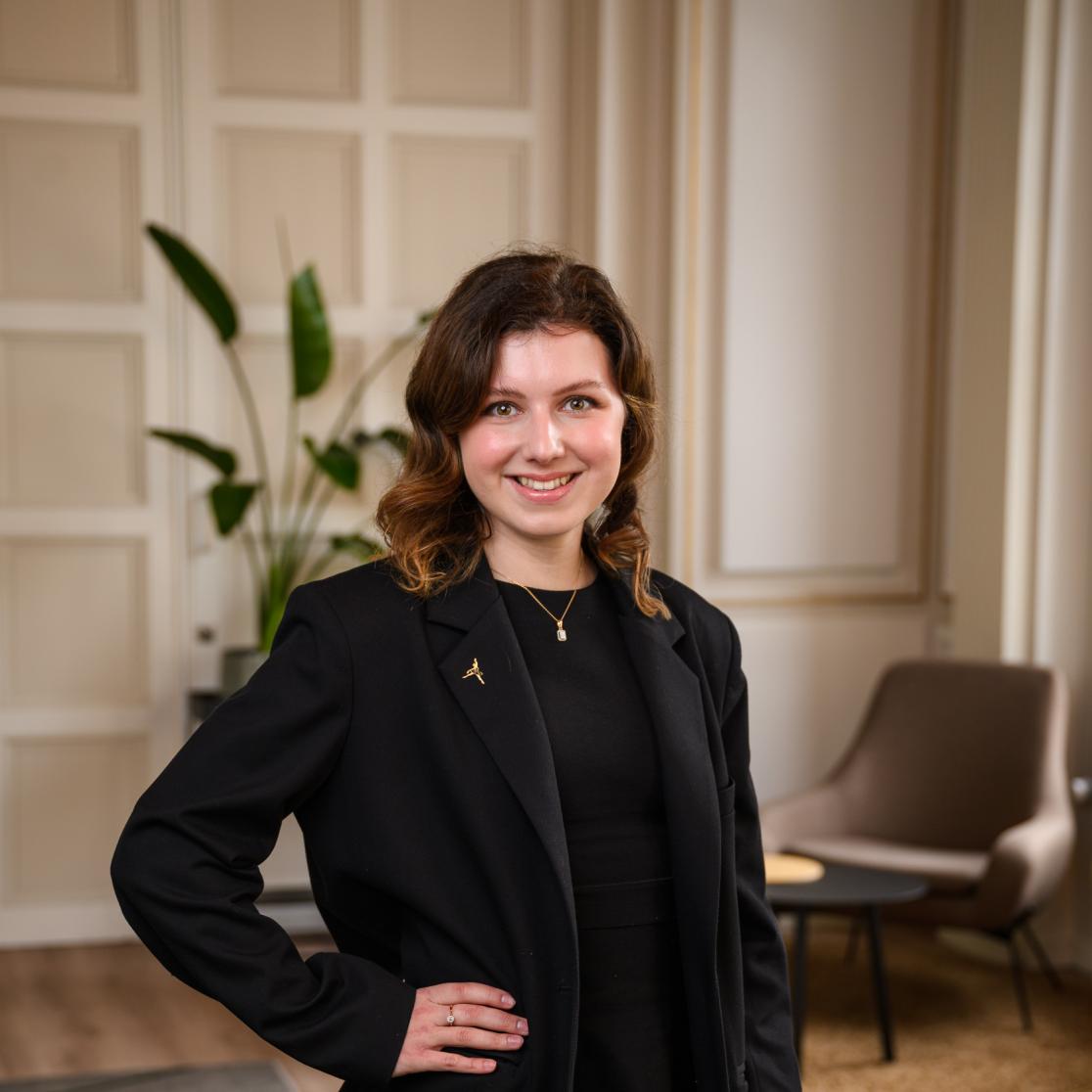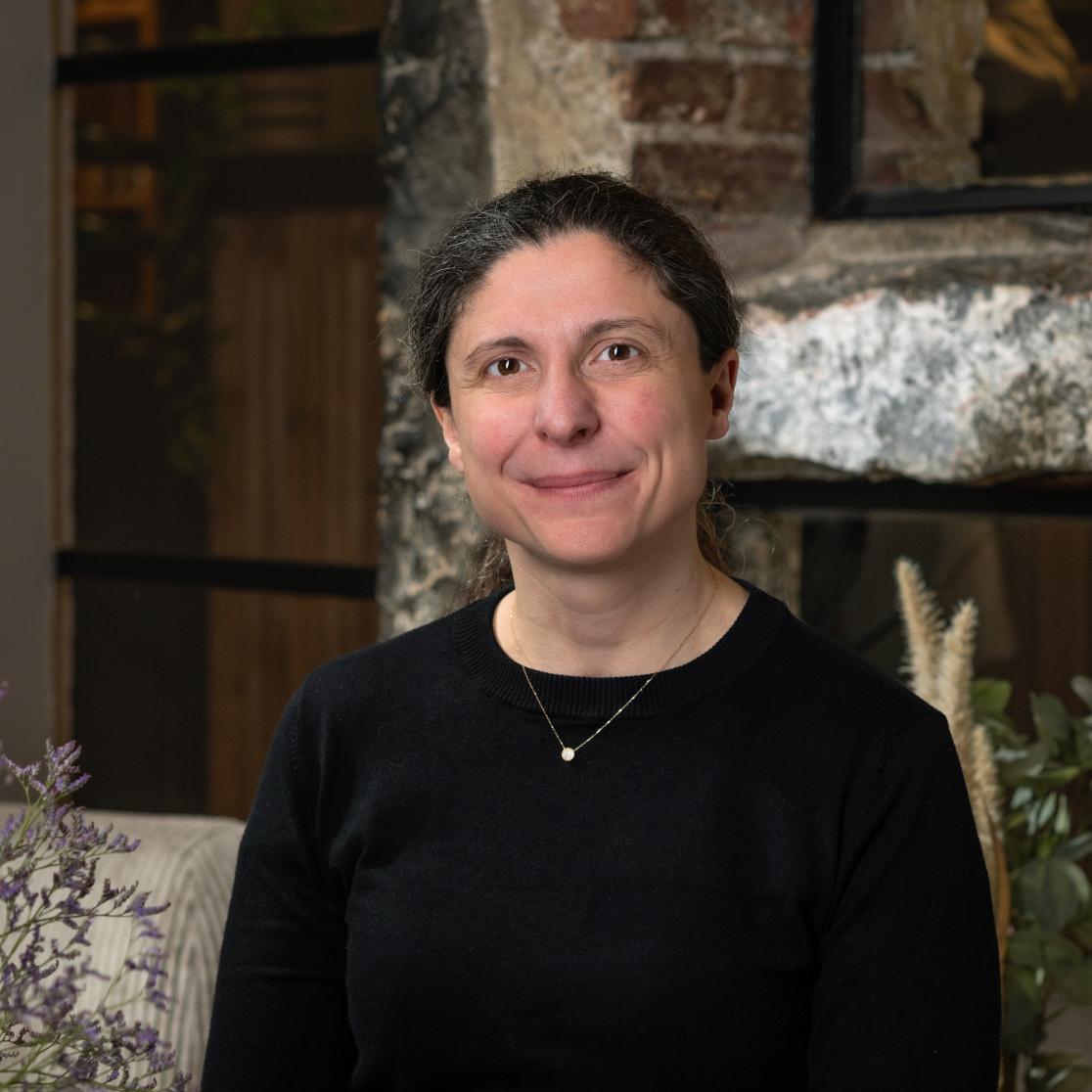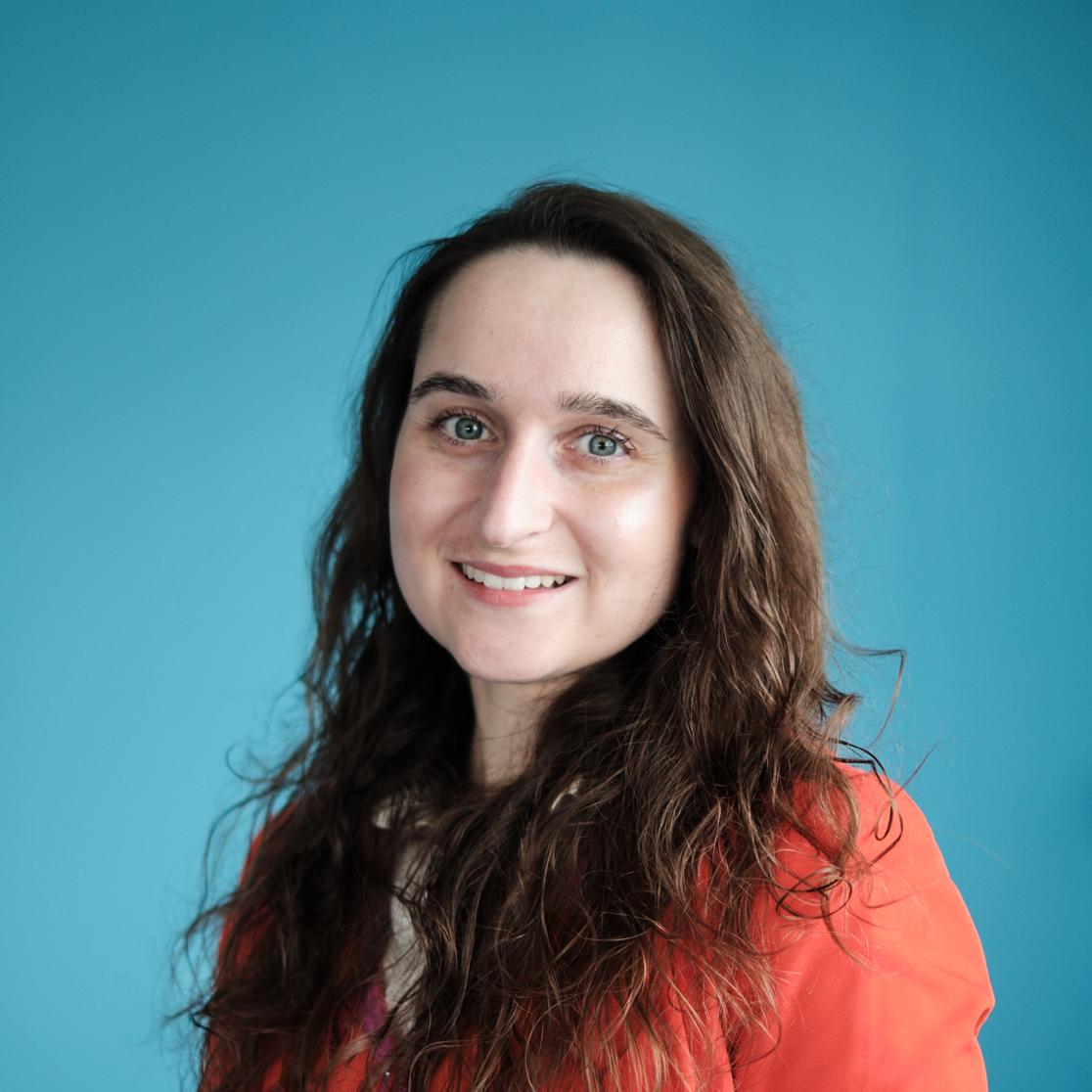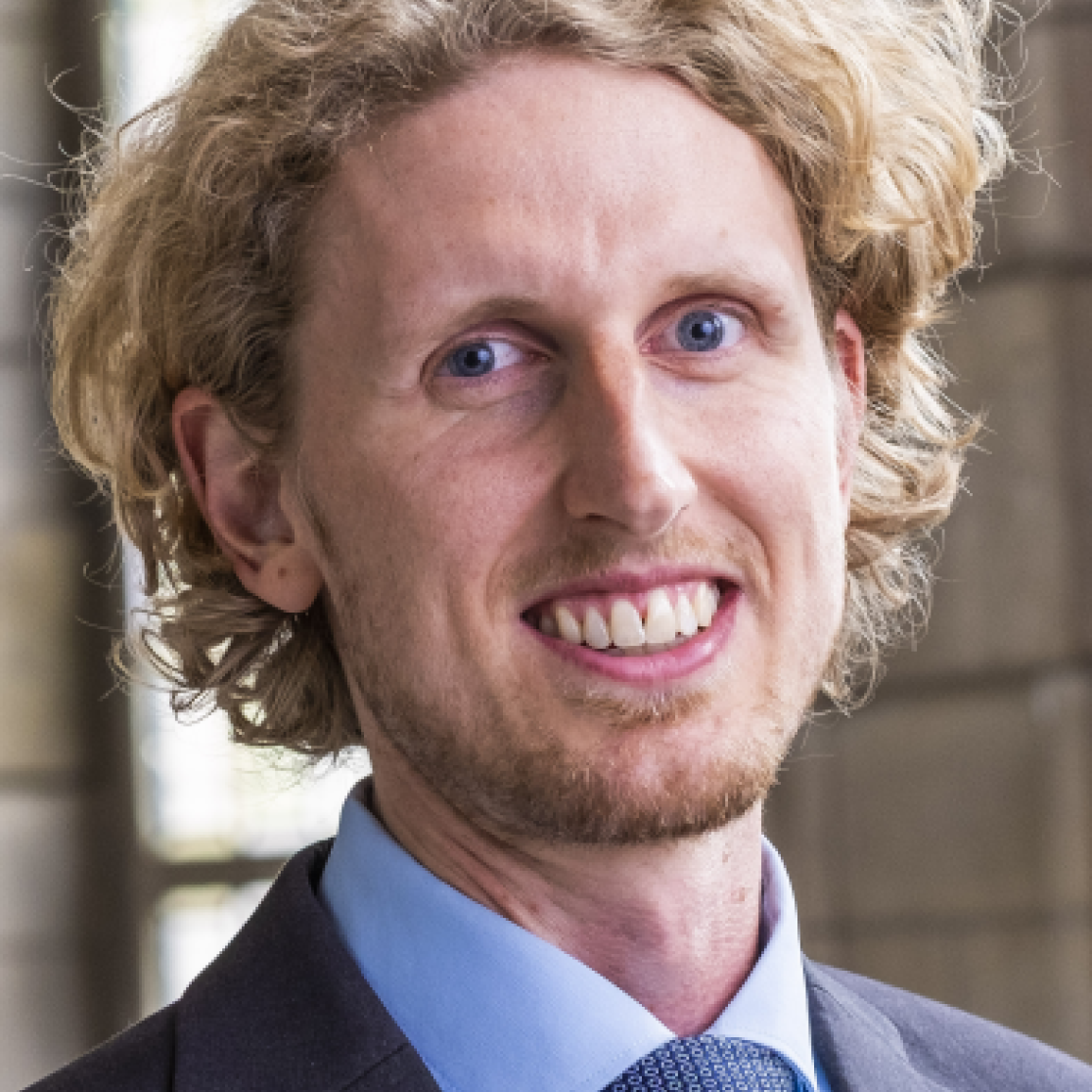Research descriptions Disinformation & Democracy sector plan
Michele Fenzl (Faculty of Arts and Social Sciences)
“My research bridges the fields of (comparative) political economy and political behaviour. Specifically, I am interested in better understanding the consequences of rising economic and social inequalities for the way in which our democracies work. To this end, I explore why citizens in unequal democracies seem to be disengaging from traditional forms of political participation.
Why do citizens grow more distant from established political parties or become more likely to abstain in elections? Do citizens become more susceptible to populist narratives and disinformation when they live in (increasingly) unequal societies? Is democracy as we know it able to resist the pressure of increasingly unequal and polarized societies?
Employing quantitative methods alongside experimental research designs, I investigate these critical questions. Through this work, I aim to contribute to building more resilient democracies capable of withstanding the challenges posed by contemporary inequalities and polarization.”

Valentina Golunova (Faculty of Law)
"In my research, I focus on examining legal and policy responses to disinformation through the lens of the rule of law and fundamental rights. The complex interplay between EU law and platform policies on disinformation lies at the core of my work. I investigate whether the measures introduced by the EU’s landmark legislation, including the Digital Services Act, the AI Act and the European Media Freedom Act, are adequate for safeguarding information integrity and enhancing democratic resilience. In conducting this critical analysis, I pay particular attention to understudied phenomena that threaten civic processes, such as gendered disinformation.
I also aim to understand how EU legal norms operate within multi-actor governance systems and what challenges in achieving their primary objectives arise as a result. My research also extends beyond the EU as I explore the role of European regulatory strategies for countering disinformation in shaping laws and policies in other jurisdictions."

Nino Gugushvili (Faculty of Psychology and Neuroscience)
"My research integrates the fields of psychology, communication, and human-computer interaction (HCI) to examine how users navigate the digital world, with a particular focus on online toxicity that undermines democracies, including misinformation, disinformation, misleading information, and affective polarization. I investigate ways to understand and mitigate these risks by leveraging existing resources or developing new skills, such as media and digital literacy.
By using quantitative methodologies, such as experimental paradigms and longitudinal designs, my research addresses the following key questions: How do algorithm-driven recommendation systems online shape affective polarization over time? What are the most effective tools for countering misinformation and misleading information, and how effective are these interventions in the long run?"

Marta Maroni (Faculty of Law)
"My research lies at the intersection of law, technology, and society and examines the role of law in enabling or constraining forms of power within internet technologies (broadly understood). As a constitutional scholar, I investigate the extent to which internet technologies and their underlying political economy reshape our constitutional order. Conversely, I am also interested in how the vocabulary of constitutionalism is used to legitimize forms of corporate power.
My work concerns how to make the current internet infrastructure and governance more democratic. I have published papers on EU law, platform regulation, freedom of expression, the rule of law, pluralism, and transparency standards."

Giulia Piccillo (School of Business and Economics)
"My research examines how uncertainty influences belief formation and the spread of disinformation, with implications for democratic resilience. Integrating insights from economics, psychology, and data science, I investigate cognitive mechanisms - such as economic preferences and illusory pattern perception - that make individuals susceptible to misinformation and politically framed fake news. My work also explores how these biases interact with digital information flows, shaping public discourse and polarization. This agenda contributes to a deeper understanding of the psychological and structural drivers of disinformation, informing strategies to strengthen democratic processes in an era of uncertainty.
A central pillar of my research is the use of large-scale data to study real-world belief dynamics. Through the SCRAPE project, I analyzed social media interactions to track how political narratives resonate across regional audiences, providing empirical insights into the mechanisms of online polarization. My broader research agenda combines experimental methods, survey analysis, and computational social science to develop a more comprehensive framework for understanding disinformation’s impact on society. By bridging disciplines and collaborating with policy institutions, I aim to advance evidence-based approaches to mitigating the risks posed by disinformation and fostering democratic resilience."

Julia Schnepf (Faculty of Psychology and Neuroscience)
"My research sits at the intersection of social psychology and gender studies, focusing on personal and structural violence against women. I examine how biased portrayals of gender-based violence - alongside the instrumentalization of AI - shape public perceptions, contribute to the minimization of violence, and fuel victim-blaming tendencies. I explore how misleading information about stalking and femicide victims impacts empathy and judgment among the public, as well as future law professionals and police officers.
Additionally, I investigate how gendered disinformation contributes to growing polarization around gender policies in Europe. By shedding light on these issues, my research highlights the broader implications of gender-based violence and misinformation for social cohesion, trust in institutions, and the resilience of democratic societies."

Betto van Waarden (Faculty of Arts and Social Sciences)
“Debates on disinformation generally focus on distinguishing fact from falsehood. However, democracy depends not only on the accuracy of information, but also on its timing in the political process – and this timing in turn influences the accuracy of information. Information may be truthful, yet reach citizens and their democratic representatives too early or too late. My research thus looks at the role of time in media and politics.
As a historian, I investigate how different democracies have managed the relationship between time and information in the past, and what we can learn from these earlier experiences. Once we understand better this role of time in democracy, we can adjust our political processes and reform democratic education so that citizens will learn how to access and communicate political information at the right moments in time. Perhaps our democracies suffer not so much from misinformation - but from mistimed information.”
